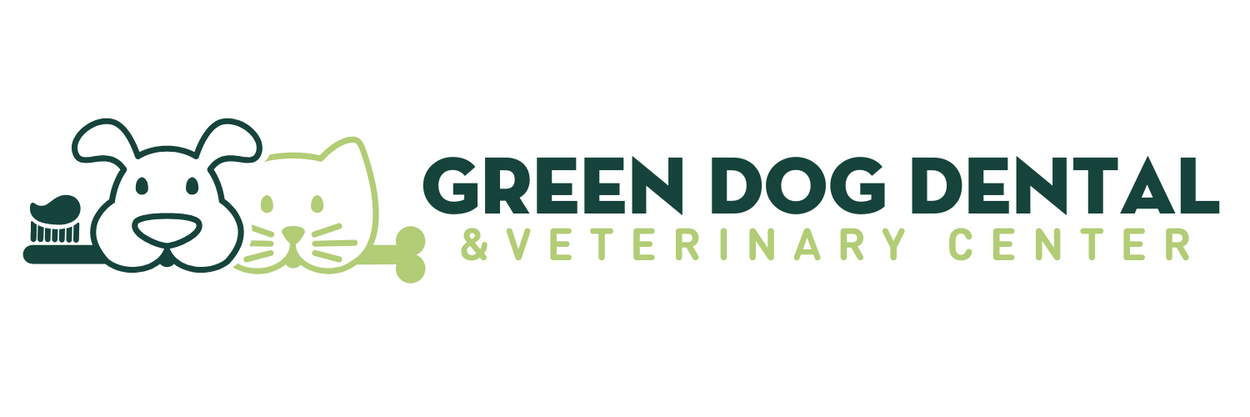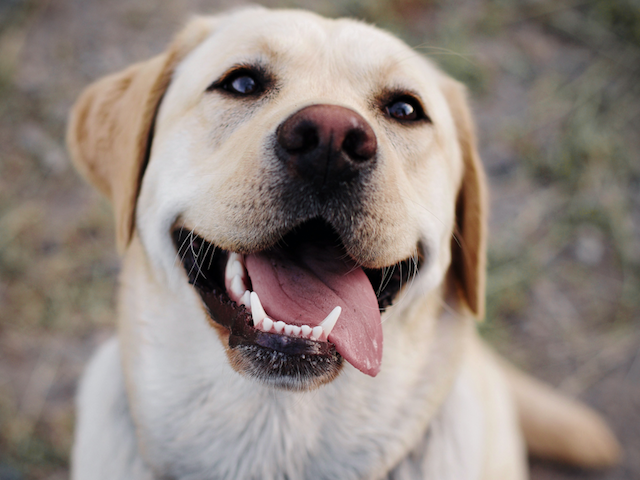When you bring your dog in for their annual tooth cleaning at the veterinarian’s office, you may be surprised to hear that we take x-rays of your dog’s mouth every time they get a professional cleaning. While it may seem a little excessive, it’s actually one of the most important portions of a canine dental exam. At Green Dog Dental, we know that X-rays provide invaluable insight into the true state of your dog’s oral health.
Professional Dental Cleaning for Dogs
When your dog goes in for their professional cleaning with the veterinarian, there are a couple of different things that are done to ensure that your dog receives not only a cleaning but any other care that they need in order to go home with pearly white teeth. Dogs are almost always fully anesthetized during a dental appointment.
Imagine trying to convince a nervous dog to sit still at the dentist! Once they’re asleep, their teeth are thoroughly examined, cleaned, and polished. Some of the cleaning is done manually, and some of it is done with a laser. Unlike the quick exam that’s done when your dog is awake, during the dental visit the vet will be able to get a really good look at your dogs teeth, gums, tongue, and inner cheek.
Finding What They Can't Tell Us
But because dogs can’t tell us if they are experiencing pain in a particular area of their mouth, dental x-rays provide valuable insight into what’s going on below the gum line. Many canine dental issues cannot be seen readily with the naked eye. A good portion, nearly 50%, of a canine tooth is covered by the gum line (and, in cases of poor dental hygiene, by tartar).
X- Rays are the Only Way
Because so much of the tooth is hidden, x-rays are really the only way for veterinarians to get a clear picture of the health of your dog’s mouth. While some owners are reluctant to pay for x-rays unless their dog is showing signs of pain or discomfort, dogs are masters at hiding when they aren’t feeling well.
Dogs who are acting completely normally may be hiding things like loose or cracked teeth, root absorption, abscesses, and severe disease below the gum line, all of could easily go unnoticed without dental x-rays.
In addition to identifying hidden dental problems, dental x-rays for dogs may be needed to evaluate developmental issues in puppies, particularly if there are concerns about tooth alignment issues and/or missing adult teeth that may cause difficulty eating or damage to the mouth.
X-Rays are Safe and Quick
Dental x-rays are also commonly prescribed after any sort of head trauma, when a veterinarian will want to check for broken teeth or jaw fractures. Just like with human beings, dental x-rays for dogs are remarkably safe, quick, and painless.
Most veterinarians use digital x-rays, which produce instantaneous images so that any issues found can be corrected in the moment while the dog is still under anesthesia.
Remember: dental x-rays are an extremely important part of your dog’s oral health routine! Early detection of hidden tooth or gum problems could save your dog months or even years of pain and discomfort.
For more information about pet dental care, check out our article on Gum Sensitivity and other articles at the Green Dog Gazette.



 LOCATIONS
LOCATIONS
